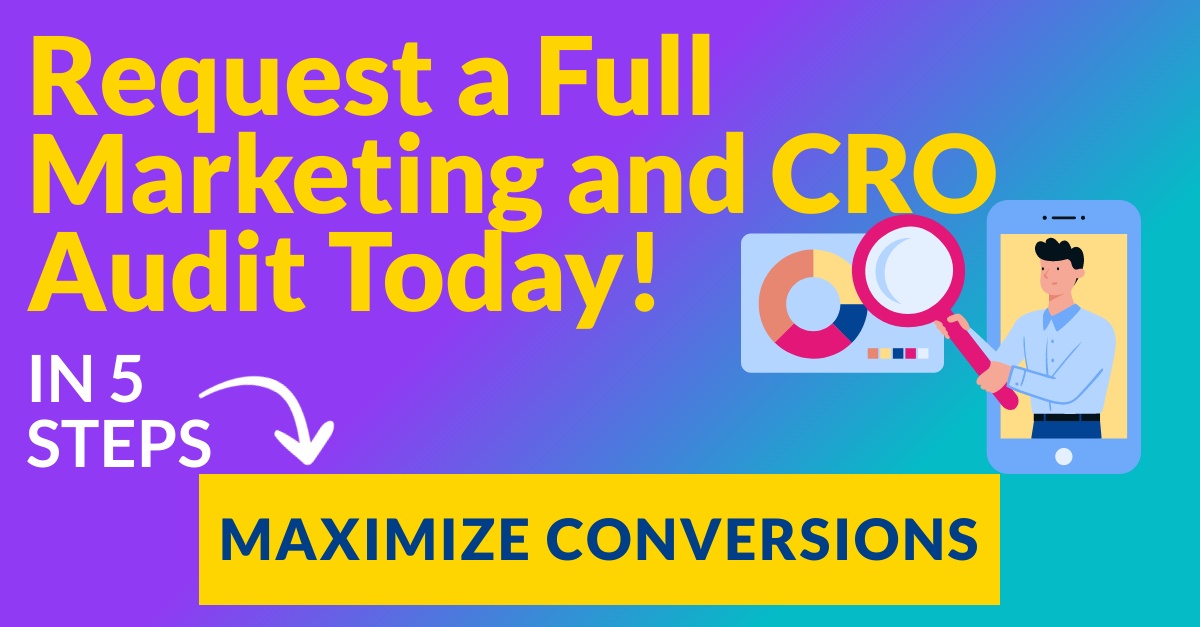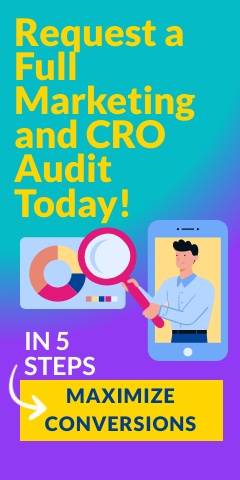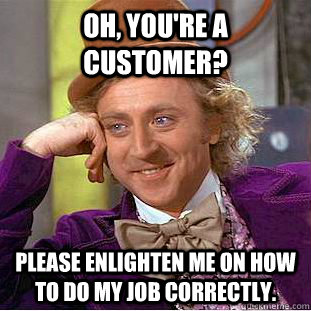Layoffs for Oracle Commerce Cloud developers have been shocking for experienced workers and users of the system.
The former and awesome ATG Platform is downsizing their developer teams because Oracle Commerce Cloud is currently not meeting its goals. The remaining team members are looking to leave the situation because they also do not want to lose their jobs.
We currently cannot recommend Oracle Commerce Cloud as a platform to our clients, for the reasons mentioned. It is going to have less support and has not really done well with the business market since the acquisition of ATG.
If you want migration options off of Oracle Commerce Cloud, please take a look here.
—
If you are on the Oracle Commerce Cloud, then you have probably been following the news.

The Oracle Commerce Cloud came out in 2015 after the acquisition of ATG. In theory, the platform would allow enterprise businesses to customize their eCommerce sites easily and scale. It relied on technology that was revolutionary for its time.
Commerce Cloud would join Oracle’s CX Suite of Customer Experience Solutions. The tools would create back-end solutions and reduce the learning curve for new business owners.
Commerce Cloud’s competitive advantage was ATG technology.
ATG was a software platform company that Oracle acquired in 2010. Oracle renamed it the Commerce Cloud and released it with minimal upgrades.
The ATG allowed for cross-channel Customer Relationship Management, or CRM, across all of the necessary processes from sales to inventory and shipping. This also improved supply chain management for the business, merchandising, and marketing.
Complications With Cloud Customers
The biggest issue came when business owners wanted to integrate Commerce Cloud’s capabilities with outside cloud services. Cloud Commerce could not work with these outside services, making it dated and difficult to use.
To work with a digital cloud, Commerce Cloud’s ATG engine required updating and re-engineering to fit an API model. Instead, it remained on VMs. The VMs couldn’t interact with other clouds, so as a result neither could the customers.
An API was added eventually to the 11.2 version in 2015, but it extends the ATG engine. The API does no re-engineering. As a result, it cannot assist with communication across platforms.
The UI is also outdated for the platform. It adds frameworks that are unwieldy for customers to use.
This had a problem of turning off a potential customer base, for users that wanted the integration. Legacy customers saw no incentive to upgrade since the benefits didn’t change. As a result, demand in the product dwindled and clients started switching to other services.
Most importantly, Oracle’s feud with Google is affecting the technology used in the platform. The companies have been fighting in court about intellectual property infringement.
Due to this issue, Google’s AngularJS is not used. Many developers do not like relying on Knockout.js, which the platform uses.
 What went wrong?
What went wrong?
Management did not see the need to change with the market. Their product couldn’t catch up with competitors that would allow for such integration.
The feud with Google is also taking priority over market share and demands. If Oracle uses Google products to manage their ATG engine, then they can reach a wider base of developers.
Legacy customers are suffering the most. Even if they upgrade, they cannot reap the benefits, according to sources close to the development team. They also lack the means to expand their platform when their business needs more support.
Thus, it is in their best interest to migrate when they’ve reached their limits with the platform.
Oracle’s competitors can allow for expansions and integrations.
The lack of managerial oversight will not change; Big Red has not laid off sales representatives, but they have reduced development teams, as sources close to the company have reported. Management seems to care more about the bottom line than about providing a good product.
Oracle Commerce Cloud became outdated and bearing a misnomer. The Northern Ireland and Massachusetts development teams are paying for that, and it looks like the product may go off the market with less customer support than before.
eCommerce Solutions
Oracle has not yet confirmed if they will offload the project. They are not commenting about the layoff, only saying that Commerce Cloud is a work-in-progress.
That is really not reassuring for eCommerce owners looking to expand. If it is a work-in-progress, then they need as many developers as possible to stabilize the platform.
If you are on Oracle Commerce Cloud and looking for alternatives, you have options.
Assess your level of traffic and which platforms can handle the volume of incoming customers, as well as orders and shipping. Our marketers do this all the time when deciding which storefront is ideal.
Find a platform that will work with Google software and services, and has APIs.
BigCommerce Enterprise and Shopify Plus are two platforms that can handle the same amount of volume. My team has used both for migrations, and we have a partnership with BigCommerce.
If you are happy with Oracle Commerce Cloud, then stay if it works for your business. A small group of legacy users has found the platform useful for their endeavors. But please bear in mind that these are enterprise customers with big resources so they can throw money at advanced DEV projects to improve the core systems.
If you are looking for improvements or options to migrate, please contact us and we will guide you in the right direction.





